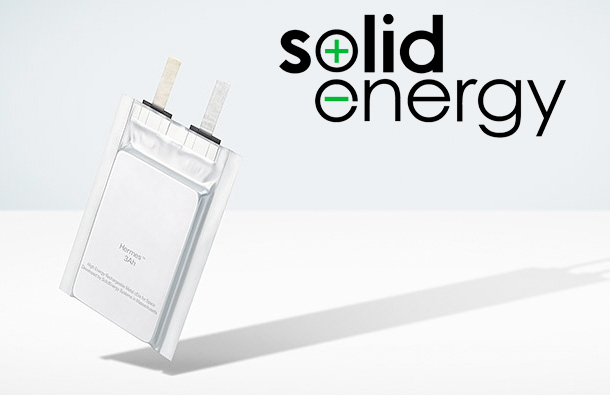A New Lithium-Metal Battery Will Double Drones Flight Time

SolidEnergy Systems has introduced the world to the first lithium-metal battery. The startup which is based in Massachusetts has made the drone manufacturing industry its first client but it has plans to scale in the future and disrupt many other industries.
Why Does This Matter?
The energy density of the new lithium-metal batteries is twice that of the batteries in current use today. The new lithium-metal battery of a size equal to that of the lithium-ion battery will carry twice the amount of energy. This will automatically double the usage time of eletronics that turn to this new technology. For the drone industry, this is especially exciting as it will mean that the drones can now fly for twice as long as they used to. Qichao Hu, the startup’s founder said the company’s battery will double the radius covered by a drone, which is welcome news to many.
From Drones to World Disruption
The drone industry is the first industry to benefit from the innovative technology developed by the startup, which is a spin-out of MIT. The company is selling these batteries to drone manufacturers in small volumes as the production has yet to be scaled. It also sells its batteries to companies that provide wireless internet connections to the remote areas. This is just the early phase, as the company made clear last year. The next target is wearable technology such as smartwatches. In the near future, Qichao says the company aims to make batteries for electric vehicles, further indicating that the company’s goal is to bring change to transportation.
How Does it Work?
The company’s energy storage innovation has replaced the graphite that’s widely used in the current batteries with a lithium metal to act as the negative electrode. The new battery has also changed the electrolyte and has replaced the traditional flammable liquid with a semi-solid material. This technology, which some industry experts had predicted to be at least ten years away, is set to revolutionize the battery industry and completely replace lithium-ion batteries.
Scaling to Meet Demand and Lower Costs
The biggest impediment to the widespread use of the new battery is the high cost of production which automatically translates to a higher price of current battery technologies. Qichao, however, says that in the near future, the price of the new lithium-metal battery will match that of the lithium-ion battery. It plans on opening up production plants in Asia, preferably China or Korea, where production prices are much lower which will help them offer the battery at a competitive price.
|